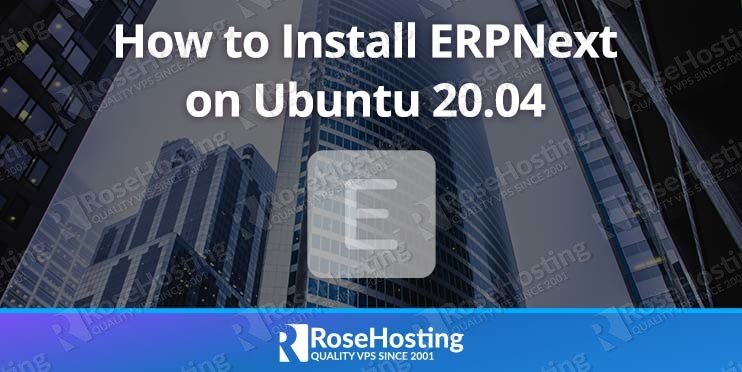In this tutorial, we will learn how to install Open Classifieds on a CentOS 7 VPS.

Open Classifieds also provides a beautiful web-based admin interface that helps you manage your website easily and effectively. It comes with many features, including SEO-friendly optimization, multi-language support, friendly URLs, robots.txt support, custom fields, social login, and lots more. Let’s get started with the installation.
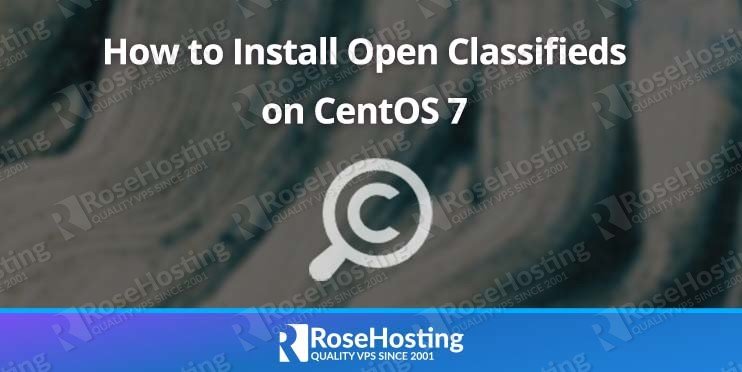
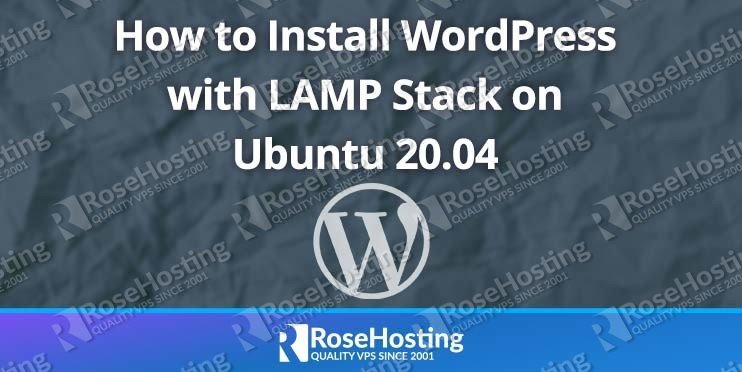

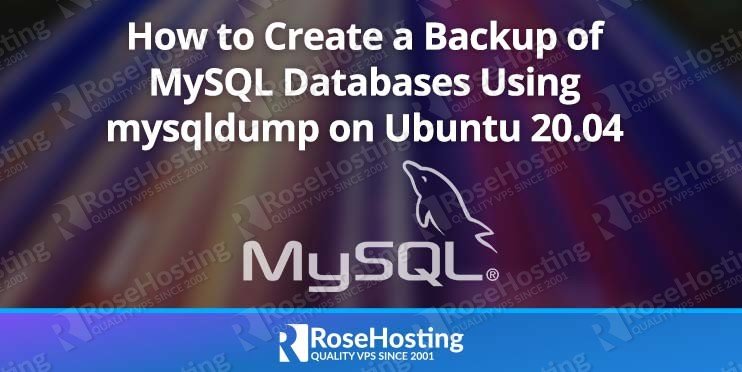
 We will create the
We will create the 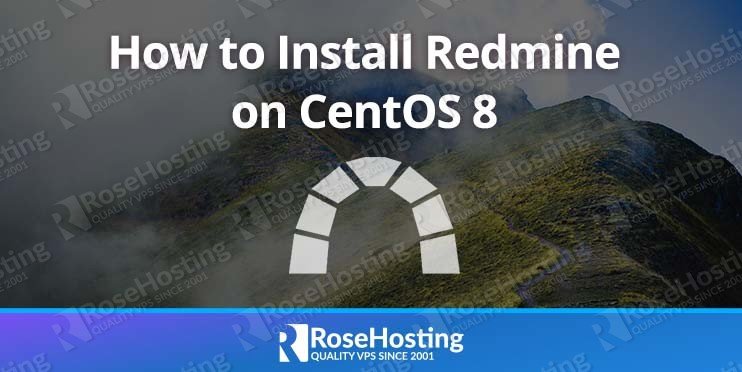
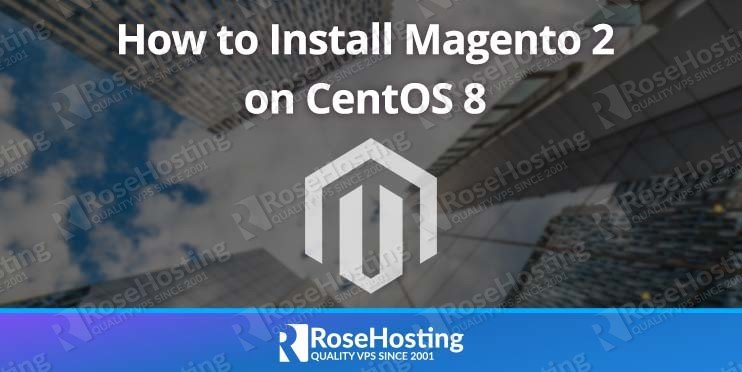
 Magento is a free, open-source and cloud-based e-commerce platform written in PHP. Magento offers a community and a commercial version of its platform – the community version is free and is designed primarily for individuals and/or small businesses. On the other hand, the enterprise version is mainly aimed at medium to large businesses and more of an enterprise environment.
Magento is a free, open-source and cloud-based e-commerce platform written in PHP. Magento offers a community and a commercial version of its platform – the community version is free and is designed primarily for individuals and/or small businesses. On the other hand, the enterprise version is mainly aimed at medium to large businesses and more of an enterprise environment.

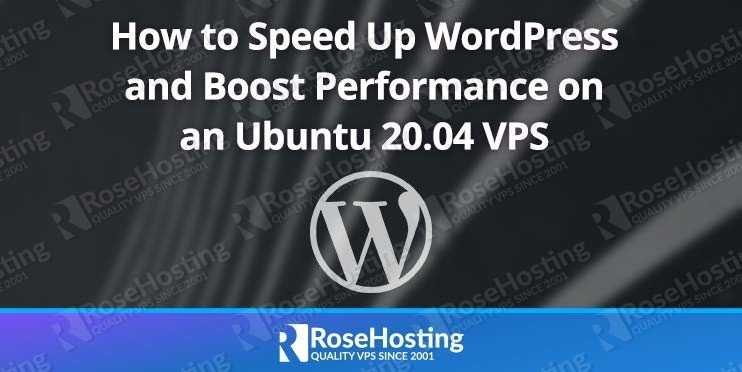
 WordPress is one of the most popular open-source content management systems around the globe. It’s one of the easiest blogging platforms to get started with, as evidenced by over 35.2% of all websites being powered by WordPress. If you are already a webmaster or a blog owner, then speeding up and boosting the performance of your website should be one of your top priorities. In this tutorial, we will show you some useful tips to speed up any WordPress website, as well as explain why it’s important to do so.
WordPress is one of the most popular open-source content management systems around the globe. It’s one of the easiest blogging platforms to get started with, as evidenced by over 35.2% of all websites being powered by WordPress. If you are already a webmaster or a blog owner, then speeding up and boosting the performance of your website should be one of your top priorities. In this tutorial, we will show you some useful tips to speed up any WordPress website, as well as explain why it’s important to do so.